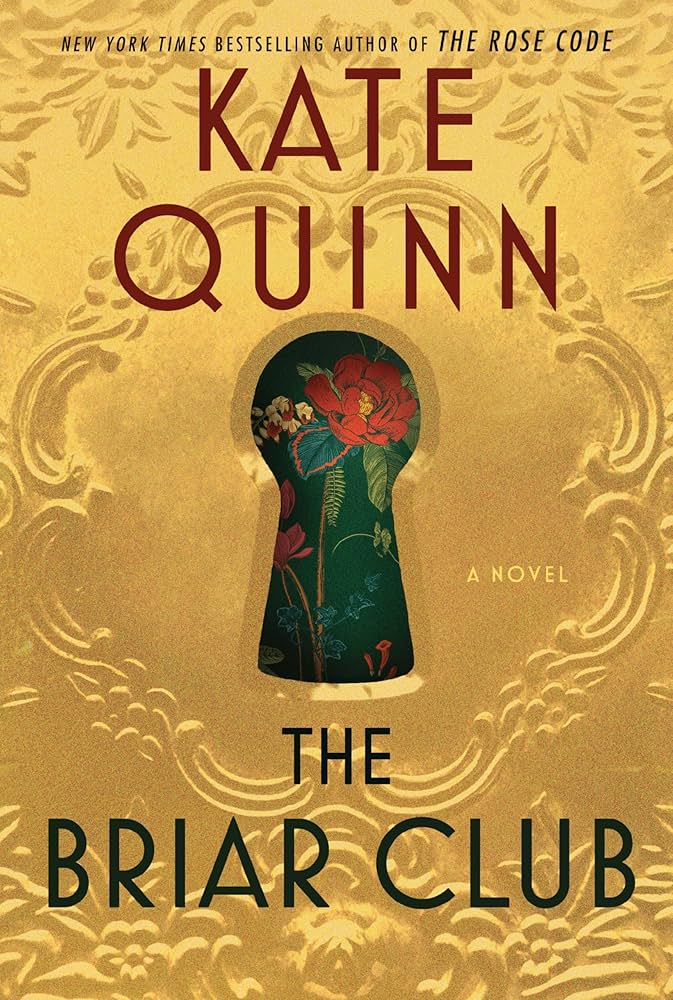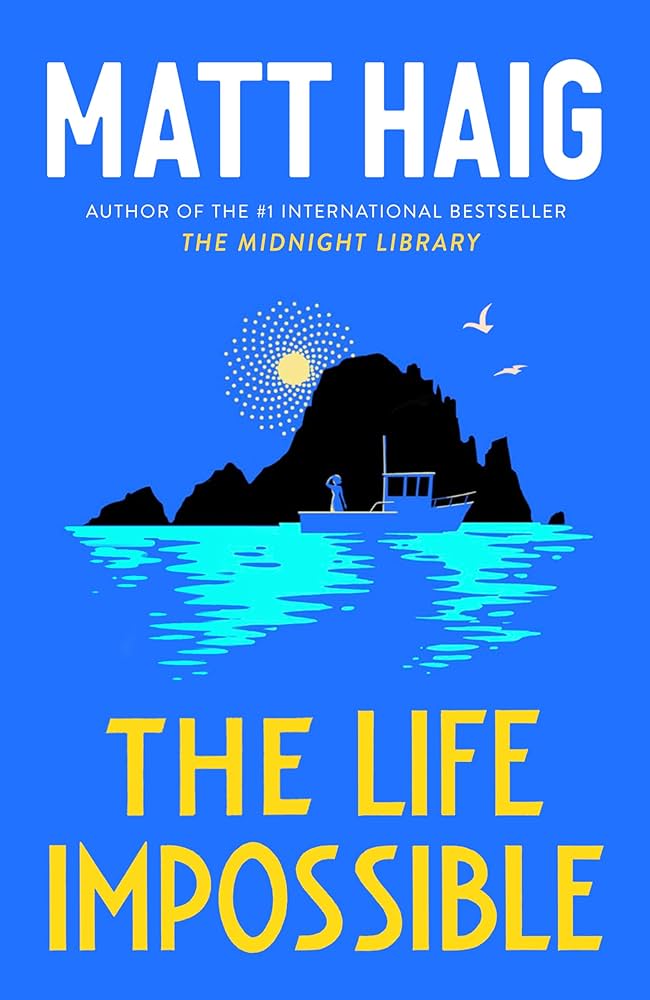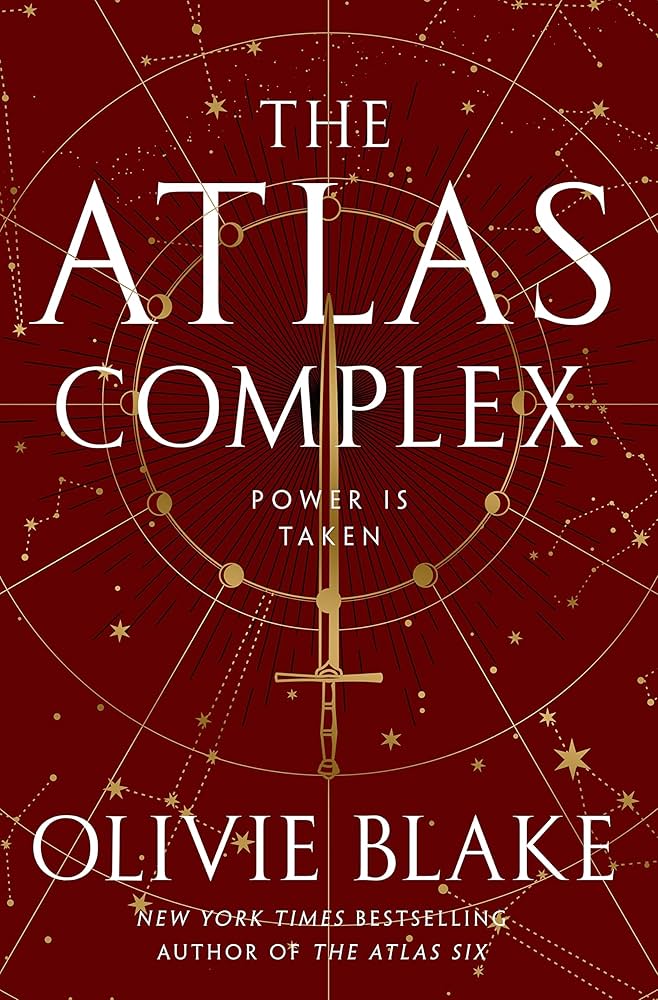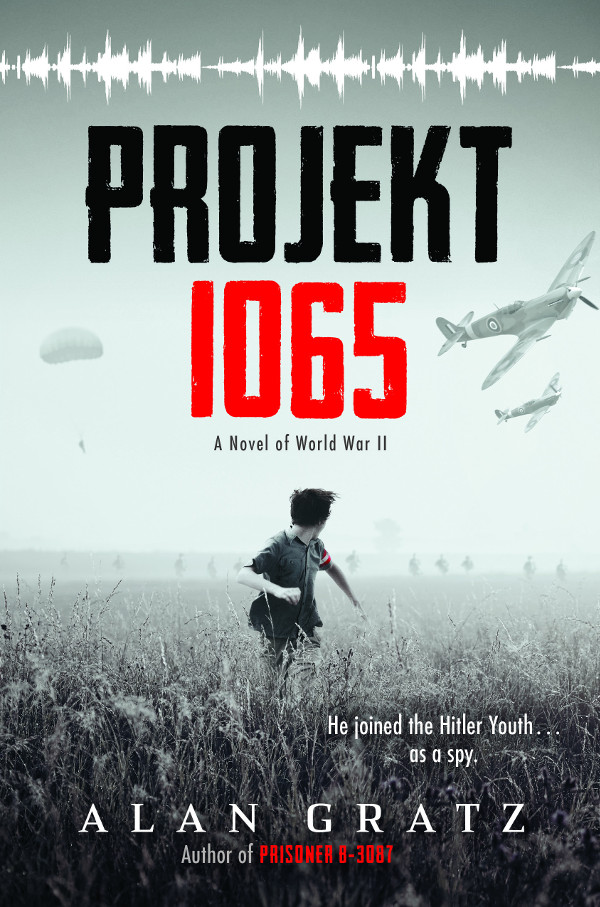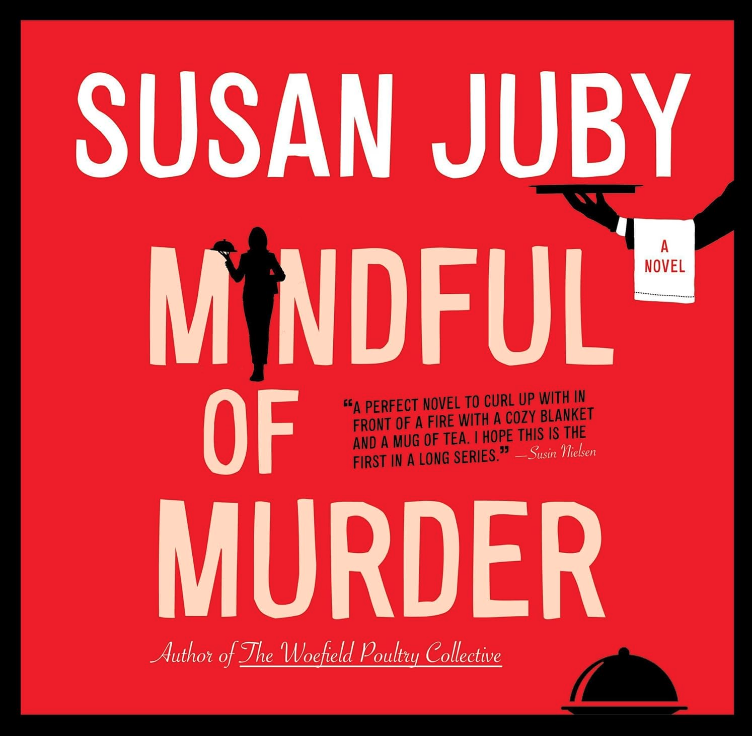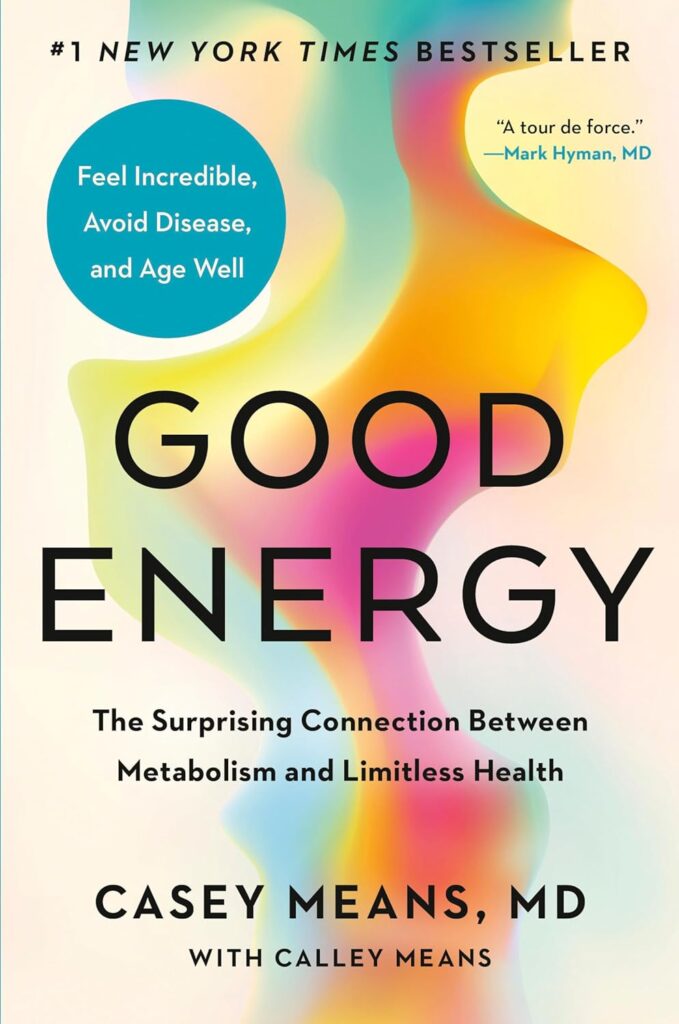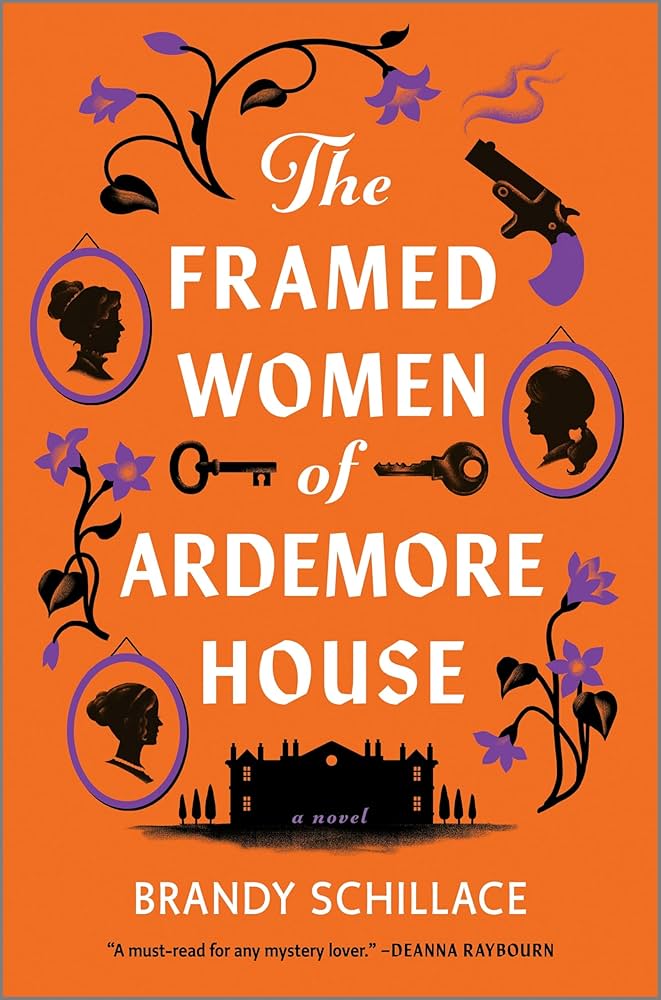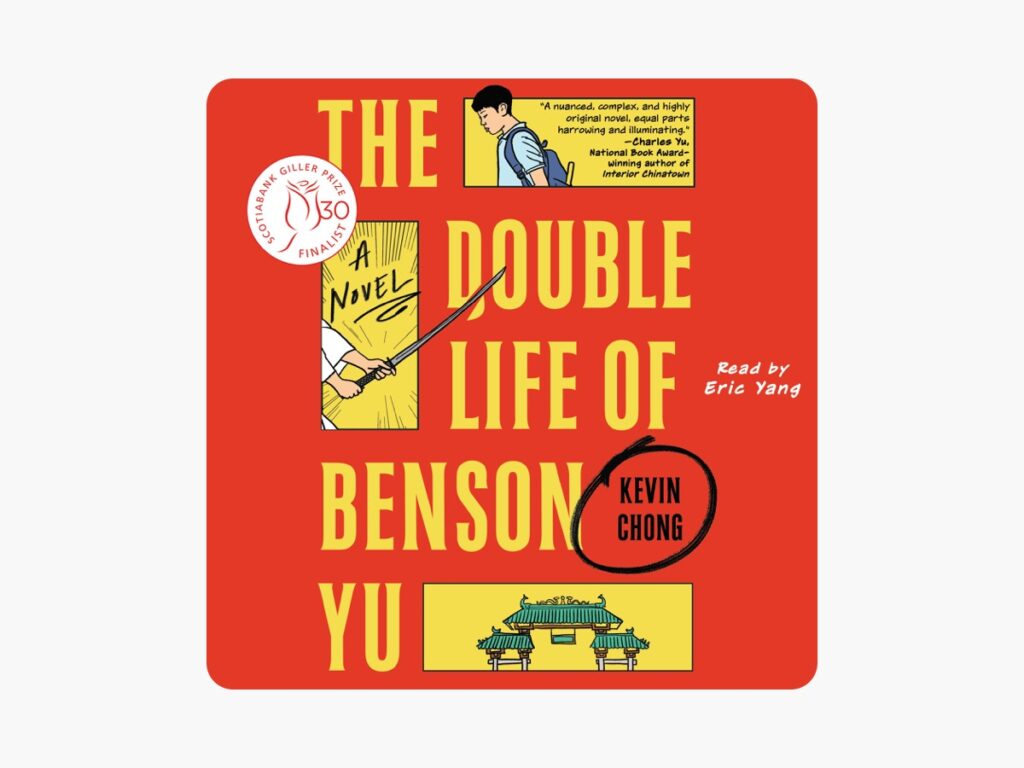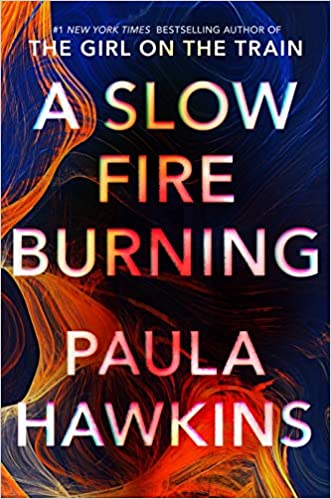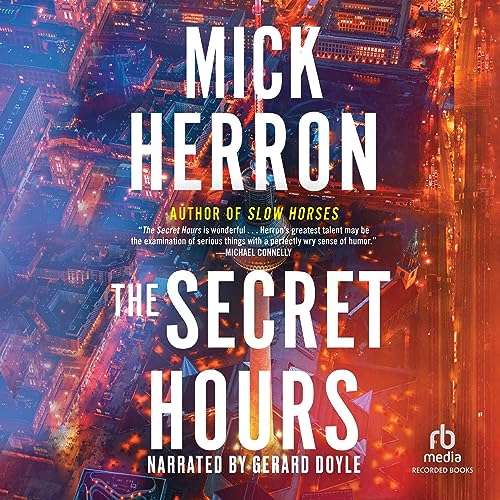
The Secret Hours is a companion piece to Slow Horses, or rather to the Slough House book series by Mick Herron. Although some of the characters appear under different names than what you see in the tv series, this novel offers a backgrounder on the intrigue and corruption in the secret service from 90s Berlin to present day and offers insight into the Lamb’s Berlin days, which are only hinted at in the tv series.
The Secret Hours opens with the stink of dead badger, and it turns out to be a McGuffin. That badger is used by an ex-spy on the run, who manages to thwart his own violent kidnapping.
There are several intersecting storylines and flashbacks that can make it hard to follow in audiobook form, but I really like action and drama in audio format. So we have our man on the run (Max), who meets up with his handler who appears to be based on the Jackson Lamb character. The man is rude, flatulent, and a drunkard who manages to act when necessary. This drunk appears to be the man in charge in Berlin in the throwback story to the 90s, which comes out slowly through witness testimony in the present-day Monochrome inquiry.
The reason behind the thwarted kidnapping is not clear until the end so I don’t want to spoiler the plot for anyone. But I can say that in the present time of the story, there is an inquiry going on into wrongdoing by the secret service, and it’s being stunted by First Desk, until one witness starts to reveal truths that no one is prepared to hear.
If you’re a fan of the TV series Slow Horses, or even better the Slough House book series, then this is the secret behind-the-scenes history of Slough House.
